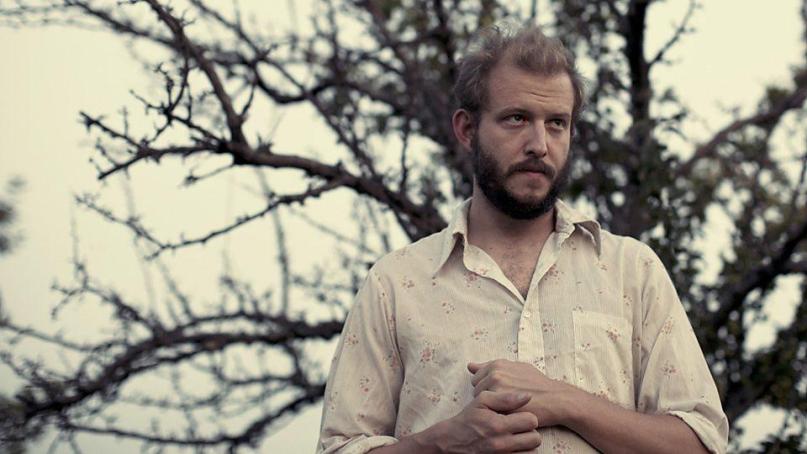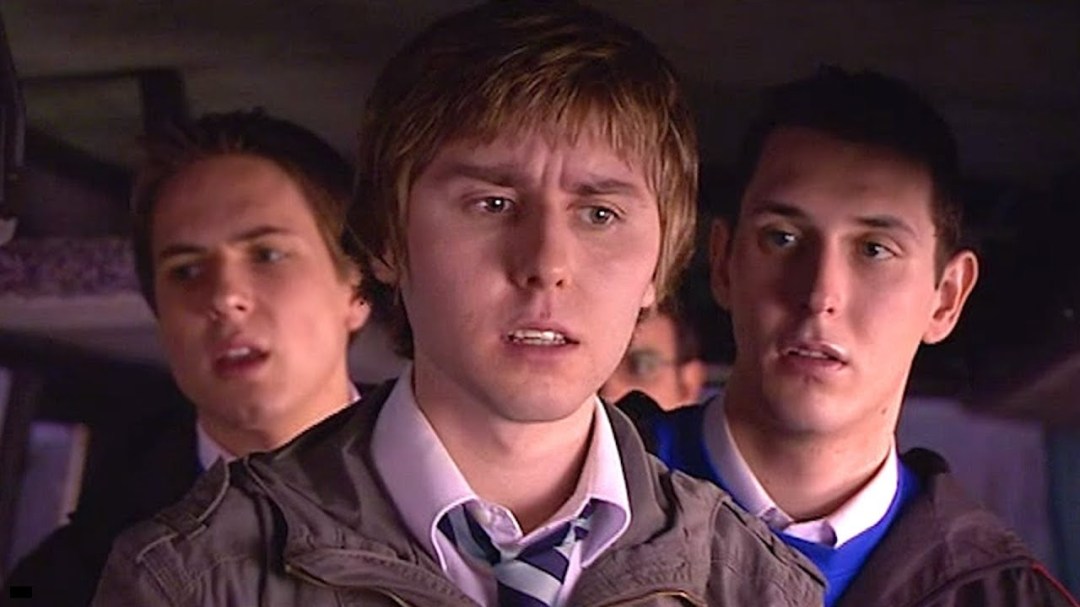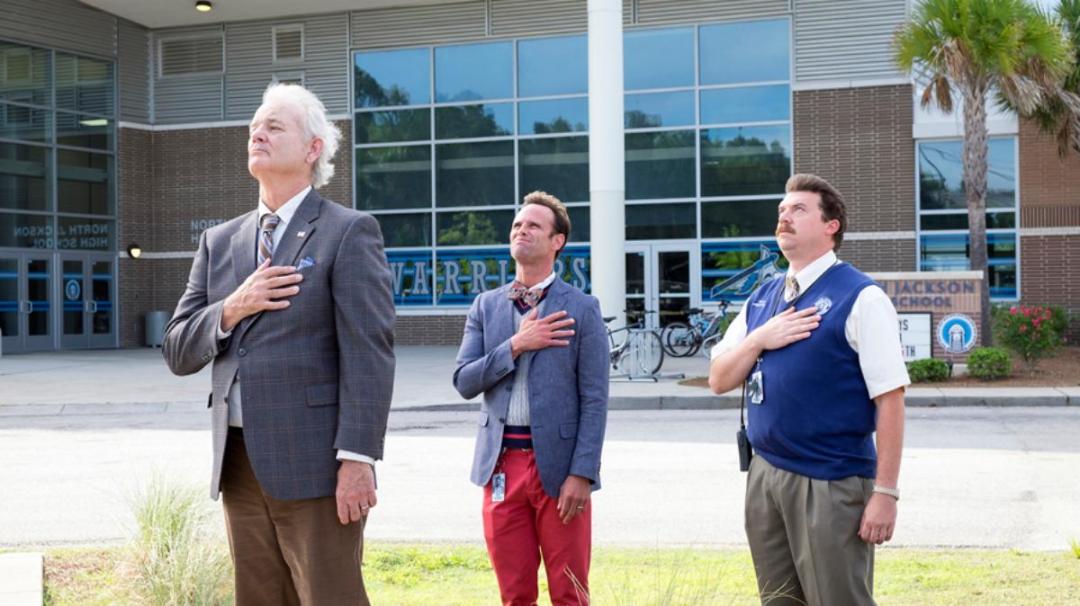Spoilers through to the end of season 5 of Orange Is the New Black.
Orange Is the New Black has become a cautionary tale of the streaming era of television. When it first debuted in 2013, it quickly became hugely popular, one of Netflix’s most watched and acclaimed original series. It was at the forefront of that brief moment when “Netflix original series” meant something: ground-breaking television, exploding our very conception of what television could be. With its sprawling, diverse ensemble cast, binge-friendly structure and mixture of comedy and drama, Orange Is the New Black was the kind of show that was regularly preceded by a “I can’t believe you haven’t seen” and followed by an exclamation mark.
But not anymore. The show’s fourth season was polarising, but its fifth was widely disliked, to the extent it made any impact at all. It’s become just another show in Netflix’s bloated catalogue, just another past-its-prime show that you’ve forgotten is still on the air.
“Orange is the New Black seems destined to remain in a sort of TV purgatory,” The Guardian writes, “It has more than enough fans to sustain itself on Netflix and the streaming site is keen to back it considering it’s still one of its most-loved originals. But does it feel as vital as it did when it was first released?”
The answer is supposed to be no, so obviously that it doesn’t need to be said. But here’s the thing: in its latter years, Orange Is the New Black has become something more important and much more radical. I tend to rag on Peak TV quite a bit – if I say something “could only exist in the streaming era” I usually mean that it’s bloated, incoherent and insufficiently concerned with making individual episodes high-quality or enjoyable. The second season of Jessica Jones could only exist in the streaming era, and it fucking sucks. But Orange Is the New Black, too, could only exist in the streaming era: a beacon of light guiding the way to all that streaming television has the possibilities to be.
At what other point in history could a TV series get made – and become hugely popular – that argues, full-throated, for the abolition of prisons?
Continue reading “Radical Empathy and the Prison-Industrial Complex”








